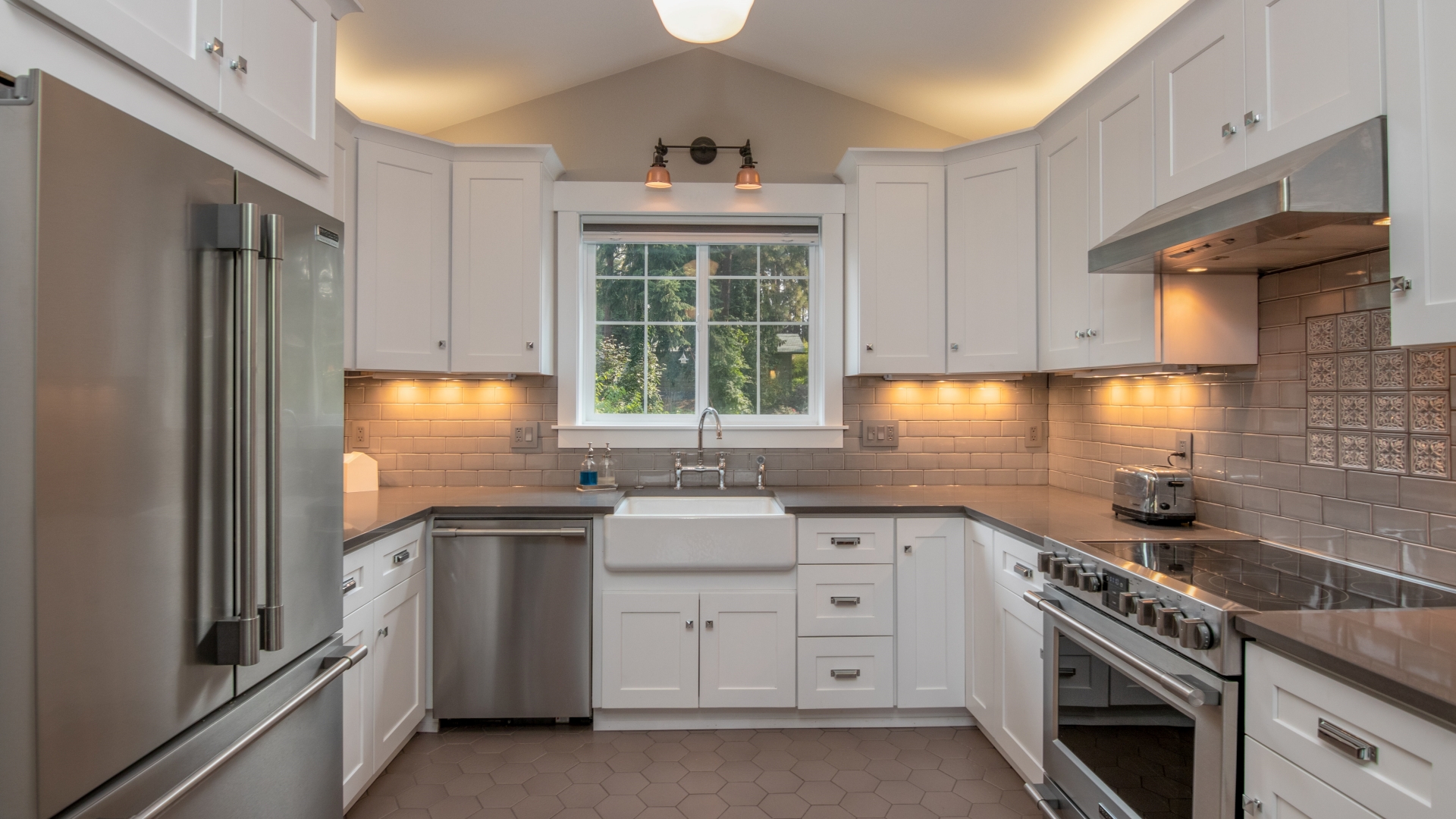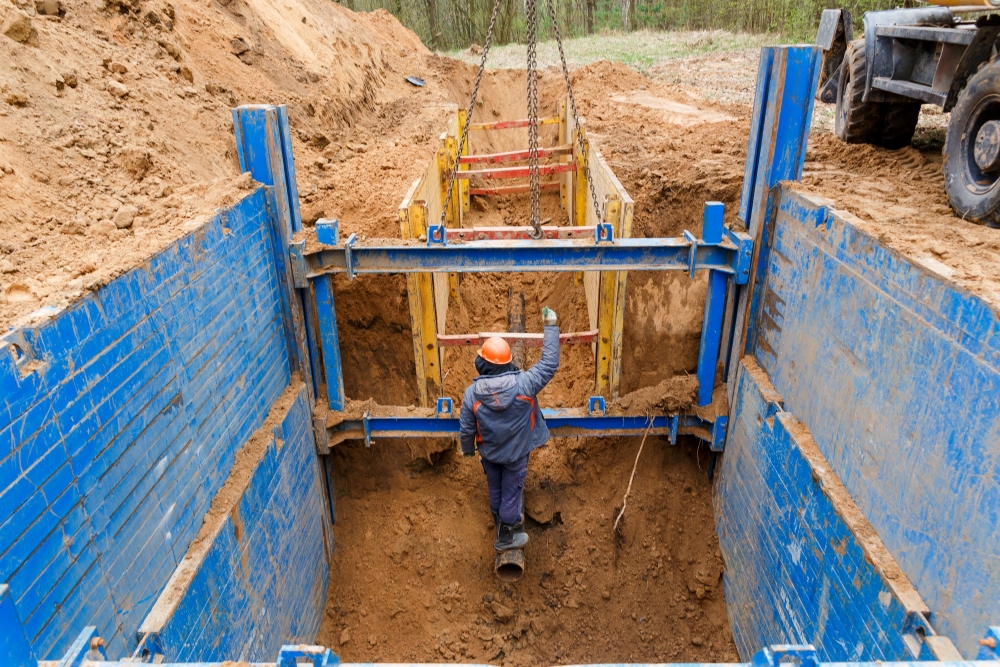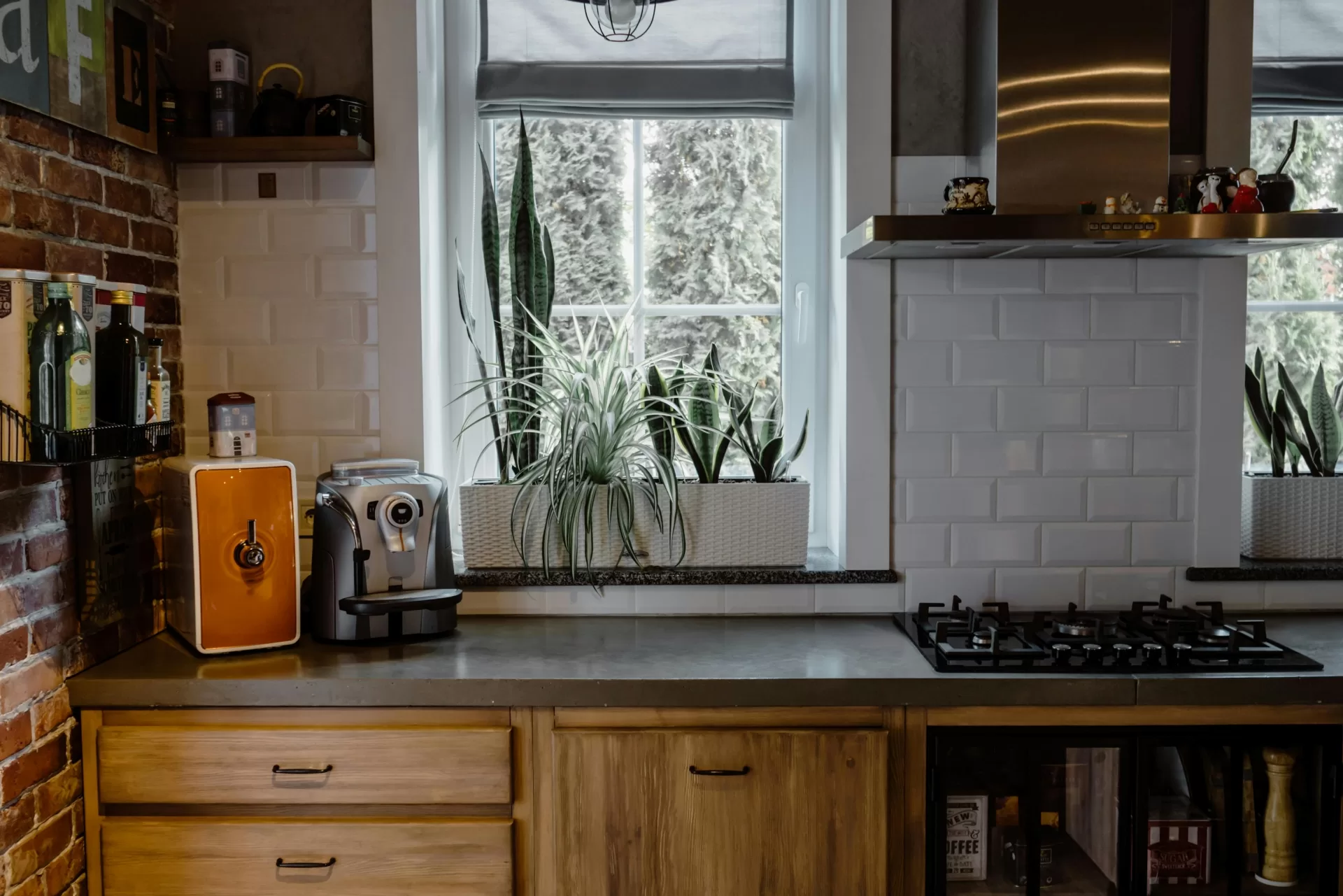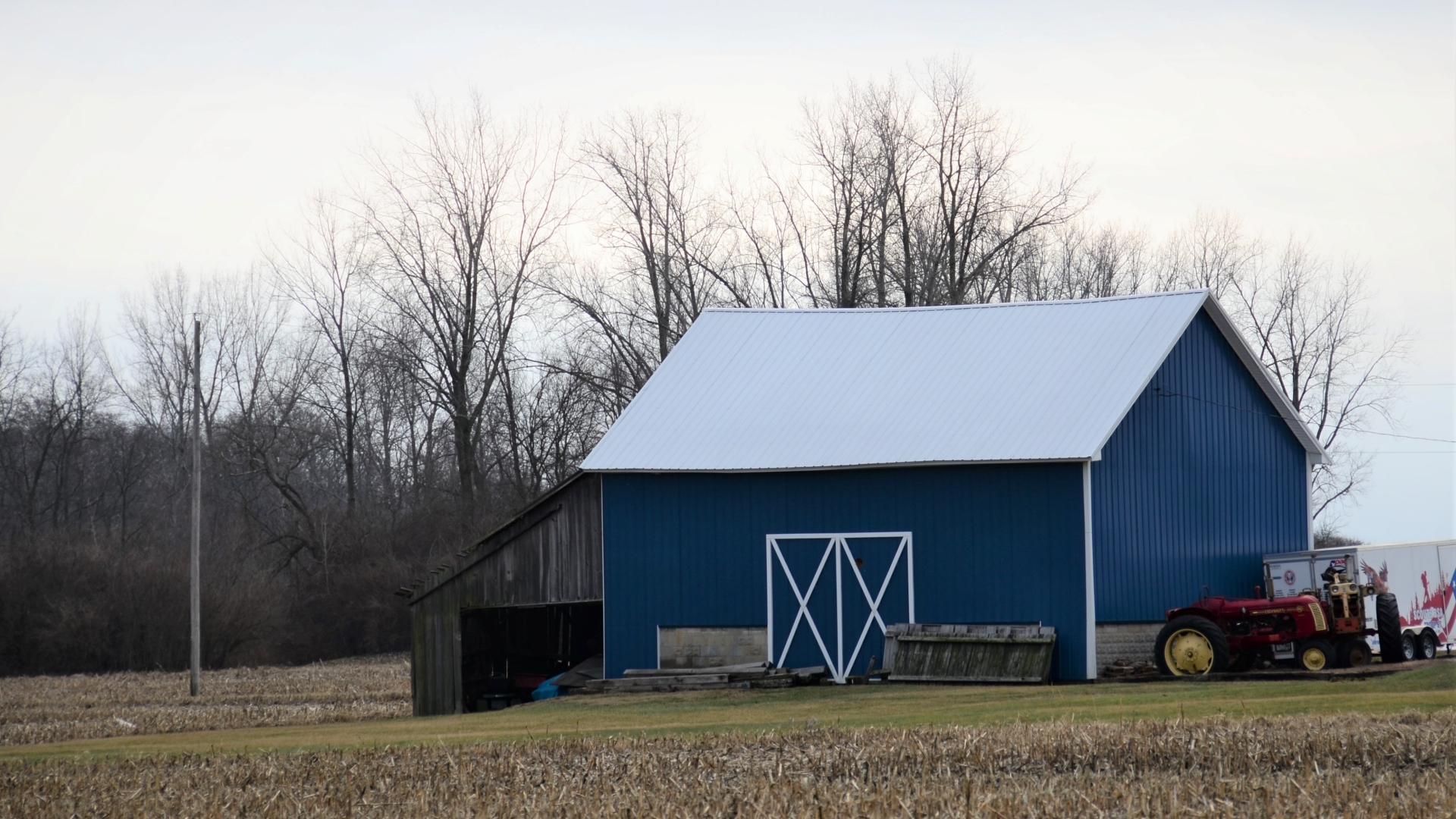Have you ever heard a loud, deep noise coming from your plumbing that sounds like a foghorn? If so, you’re not alone. This noise, commonly known as water hammer, can be a common and frustrating problem for many homeowners. In this blog post, we’ll explore what causes water hammer and how you can fix it.
What is Water Hammer?
Water hammer is a loud, banging noise that occurs in your plumbing when you shut off a faucet or valve quickly. The noise is caused by a sudden change in the water’s velocity and pressure, which creates shock waves in the pipes. These shock waves can cause the pipes to vibrate and shake, leading to the loud banging noise.
What Causes Water Hammer?
Water hammer can be caused by a variety of factors, including:
High Water Pressure: If your home’s water pressure is too high, it can cause water hammer. When you shut off a faucet or valve quickly, the high water pressure can create shock waves in the pipes.
Loose Pipes: If the pipes in your home are loose or not properly secured, they can vibrate and shake when the water pressure changes, causing water hammer.
Obstructed Pipes: If there is an obstruction in your pipes, such as mineral buildup or debris, it can cause the water to flow unevenly and create water hammer.
Long Pipe Runs: If you have long pipe runs in your home, it can take longer for the water to reach the end of the line. This delay can cause the water to build up pressure, leading to water hammer when you shut off a faucet or valve.
How to Fix Water Hammer
Fortunately, there are several ways to fix water hammer, depending on the cause of the problem.
Lower Water Pressure
If high water pressure is causing water hammer, you can install a pressure-reducing valve (PRV) to regulate the water pressure in your home. A PRV is a valve that is installed on the main water line to reduce the incoming water pressure to a safe level. This will prevent water hammer and also help protect your pipes from damage due to high water pressure.
Secure Loose Pipes
If your pipes are loose or not properly secured, they can vibrate and shake when the water pressure changes, causing water hammer. To fix this, you can install pipe hangers or straps to secure the pipes in place. This will prevent them from vibrating and help reduce the noise caused by water hammer.
Remove Obstructions
If there is an obstruction in your pipes, such as mineral buildup or debris, it can cause the water to flow unevenly and create water hammer. To fix this, you can flush your pipes with water to remove any buildup or debris. You can also install a water softener to prevent mineral buildup in your pipes.
Install Water Hammer Arrestors
Water hammer arrestors are devices that are installed on your plumbing system to absorb the shock waves that cause water hammer. They work by providing a cushion of air or gas to absorb the shock waves and prevent them from causing the pipes to vibrate and shake. Water hammer arrestors can be installed at the source of the problem, such as a washing machine or dishwasher, or on the main water line to your home.
Shorten Pipe Runs
If you have long pipe runs in your home, it can take longer for the water to reach the end of the line, causing water hammer. To fix this, you can install a branch line with a valve closer to the appliance or faucet. This will reduce the distance that the water needs to travel, which will help reduce the pressure buildup that causes water hammer.
Preventing Water Hammer
Preventing water hammer is easier than fixing it. Here are a few tips to help prevent water hammer in your home:
Turn off Faucets Slowly: Do it slowly when you turn off a faucet or valve. This will allow the water to flow more evenly and prevent the sudden change in pressure that causes water hammer.
Check Water Pressure: Check the water pressure in your home regularly to make sure it’s not too high. You can purchase a pressure gauge at your local hardware store to test the water pressure.
Install Water Hammer Arrestors: If you have appliances that are prone to water hammer, such as a washing machine or dishwasher, consider installing water hammer arrestors at the source of the problem.
Maintain Your Plumbing: Regular maintenance of your plumbing system can help prevent water hammer. This includes flushing your pipes regularly to remove mineral buildup and debris and making sure your pipes are properly secured.
In conclusion, water hammer can be a frustrating problem for homeowners, but it’s usually easy to fix. Understanding the common causes of water hammer and how to fix it can save yourself time, money, and frustration. Remember to always use caution when working with your plumbing system and call a professional plumber if you’re not comfortable with the process or if the problem persists. With a little knowledge and prevention, you can keep your plumbing system running smoothly and avoid water hammer in the future.
This article was written with help from the experts at Optimised Plumbing Services – Sydney’s Blocked Drain Specialists.












